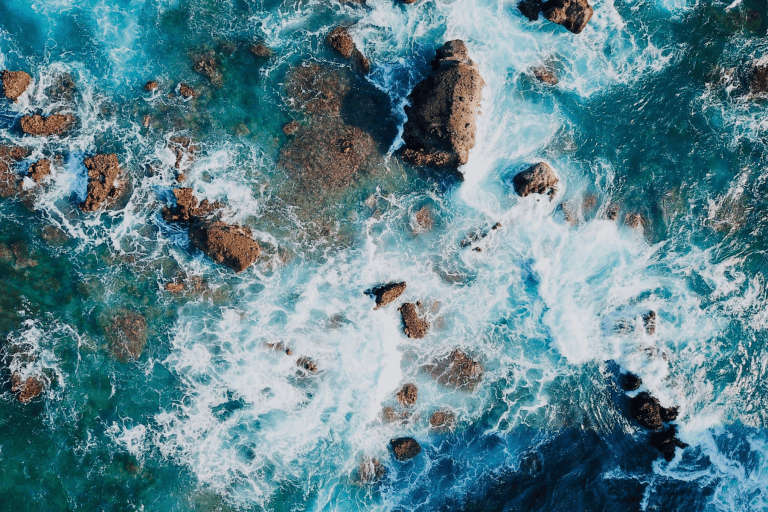Date of issue: 20 November 2023
Retailers and supply-chain businesses from across the world have united in their concern for the sustainable future of iconic fish stocks in the Northeast Atlantic. Despite so-called agreements by Coastal States to follow the scientific advice in 2024, the market forewarns that the absence of quota sharing arrangements means the hard work is yet to come.
The delegations of the Northeast Atlantic Coastal States – the EU, Iceland, the Faroe Islands, Greenland, Norway and the UK – have reached a so-called agreement on how much mackerel, Atlanto-Scandian herring and blue whiting can be fished in 2024.
The six states (excluding Russia) agreed that the total allowable catch (TAC) for all three stocks in 2024 will be set in line with the most recent advice from the International Council for the Exploration of the Sea (ICES), issued in September. The agreement for mackerel and herring was formally ratified by the North East Atlantic Fisheries Commission (NEAFC) last week.
Despite these agreements, a faulty yet fundamental cog in the Coastal States negotiating machine remains unfixed – the parties have not yet decided how these final quotas will be shared amongst them. Instead, they’ve chosen to defer these delicate – and crucial – discussions until the new year. This comes too late, with the talks taking place only after the fishing seasons for these stocks have commenced, leaving the fate of these fragile species at risk.
The sharing of quotas has been a major sticking point in the negotiations for more than a decade, most notably for Northeast Atlantic mackerel – one of Europe’s most valuable, and now political, fish stocks. Agreements on mackerel quota shares broke down in March when the Coastal States spectacularly failed to meet their own deadline to agree sustainable catch shares.
“The quota sharing conundrum is a constant thorn in the side” – said NAPA Project Lead, Neil Auchterlonie. “Setting the TACs for all three stocks in line with ICES advice in 2024 is undoubtedly a positive move – it represents progress in meeting key objectives of NAPA’s trailblazing, policy-based Fishery Improvement Projects as it is a step towards ensuring that robust harvest strategies are adopted and implemented. Setting TACs in line with scientific advice is a cornerstone of this approach. However, we have been here many times before. Agreements at this stage are no guarantee that the Coastal States will stick to sustainable catch limits when it comes down to it.”
We, the North Atlantic Pelagic Advocacy Group (NAPA), embody the voices of over 70 world-leading retail and supply-chain organisations. Together, our members represent a large share of the market for mackerel, Atlanto-Scandian herring and blue whiting. Top seafood businesses are getting restless in the absence of a resolution – the market will act if governments do not. NAPA Partners have already committed to review, modify, or even stop sourcing if an agreement cannot be struck.
The continued failure of Coastal States to adhere to sustainable quota levels and the subsequent suspension of Marine Stewardship Council (MSC) certification from these fisheries has significantly reduced the availability of sustainable seafood to consumers. In 2018, mackerel represented 10% of all certified, sustainable wild seafood sold in the UK, with MSC-labelled mackerel accounting for 88% of all mackerel sold in UK retail. Today, MSC-labelled mackerel is no longer present on UK supermarket shelves, thanks to overfishing by Coastal State governments. These wealthy, well-equipped governments should know better, and act responsibly. Their inability to effectively manage these fisheries prompts very real market consequences, and negative impacts for fishing communities and consumers.
The Coastal States are soon to embark on a series of international negotiations and sharing discussions in the new year, making January a crunch time for this ongoing political debate over the sharing of fish stocks.
“These talks will be critical” – commented Mike Mitchell, NAPA co-founder and Director of Fair Seas Limited. “The countries involved must work collaboratively to ensure the sum of quota shares stays within the bounds of ICES advice. Failure to do so could jeopardise the long-term sustainability and even the survival of these stocks, the wider marine ecosystem, and the business interests of NAPA Partners. The hard work starts now.”

As members from the North Atlantic Pelagic Advocacy group gather at SEG24, the supply chain...
Read More >
Coastal State governments with clear, public pledges to sustainable fisheries and the environment are being...
Read More >
Following a landmark meeting of NAPA partners on 5th December 2024, at which we welcomed...
Read More >